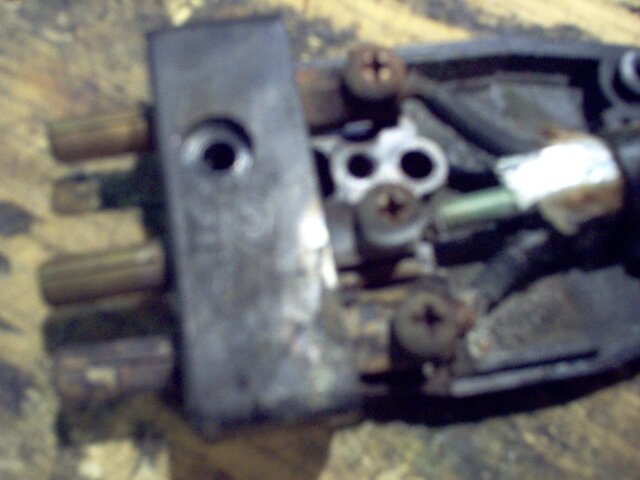Charcoal- first off, everyone is allowed to make mistakes. Even professionals do.
As for your wiring project, does your school have an electrical shop, or shop or tech/ed. program with a teacher who is knowledgeable in electrical work? If you do, talk to them to get some help. I doubt that people here on CB will tell you how to wire your gear for liability reasons. If your school doesn't have someone you can go to then call your local dealer/repair/rental shop, they might be able to donate some time for you to come in or for someone to come out to you and show you had to do what you need to do. In other words, get some professional help/supervision.
As for your wiring project, does your school have an electrical shop, or shop or tech/ed. program with a teacher who is knowledgeable in electrical work? If you do, talk to them to get some help. I doubt that people here on CB will tell you how to wire your gear for liability reasons. If your school doesn't have someone you can go to then call your local dealer/repair/rental shop, they might be able to donate some time for you to come in or for someone to come out to you and show you had to do what you need to do. In other words, get some professional help/supervision.



